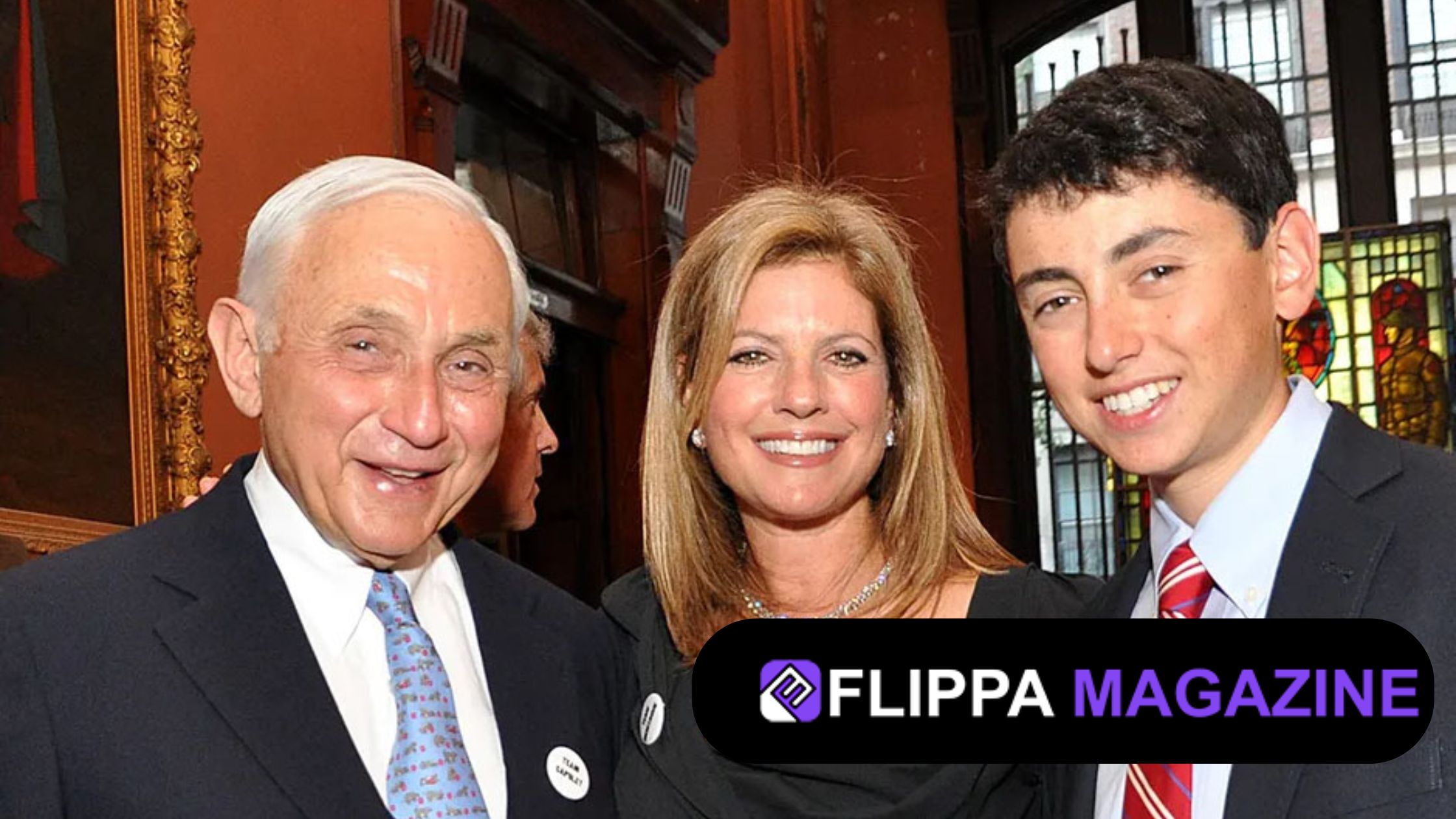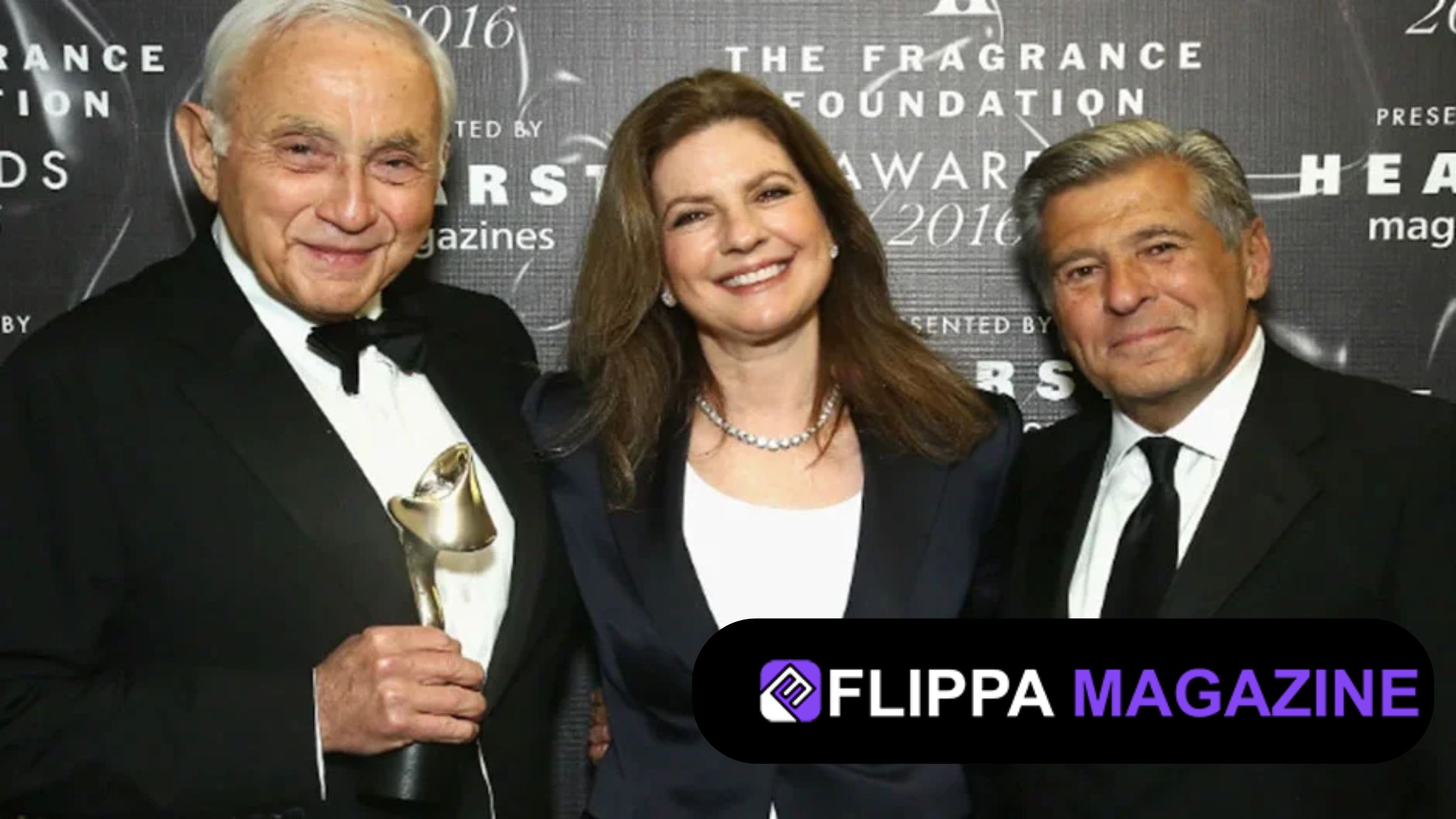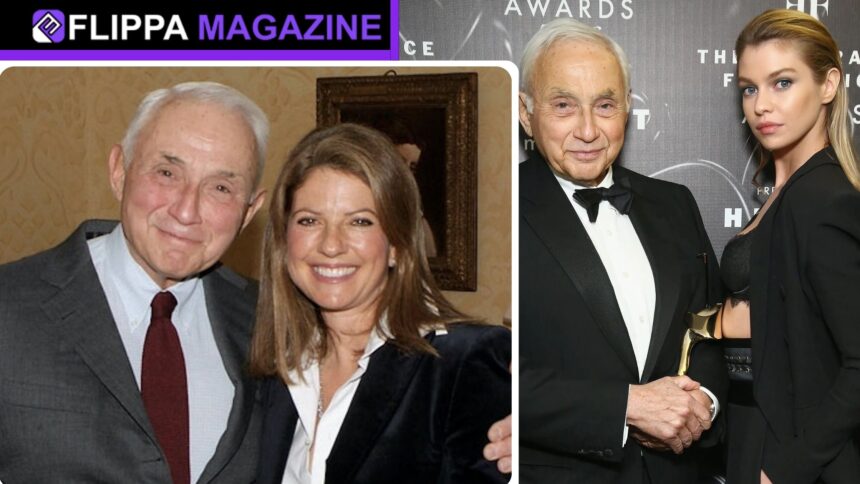When people hear the name Leslie Wexner, they often think of the business empire he built through retail giants such as The Limited and Victoria’s Secret. Yet behind that story stands Abigail Koppel, his wife, whose steady influence has shaped not only Wexner’s life but also his moral compass and philanthropic direction. Trained as a lawyer, driven by intellect, and motivated by compassion, Abigail Koppel represents the blend of private integrity and public purpose that has defined the Wexner family for decades.
This article explores how Abigail Koppel influenced Leslie Wexner’s empire and their shared vision for giving back to society. Through a biography-style lens, it highlights her professional background, philanthropic leadership, and the principles that guided one of America’s most prominent philanthropic couples.
Quick Bio Table: Abigail Koppel at a Glance
| Attribute | Detail |
|---|---|
| Full Name | Abigail S. Koppel (Abigail S. Wexner) |
| Profession | Attorney, Philanthropist, Community Leader |
| Education | Barnard College (B.A., magna cum laude); NYU School of Law (J.D.) |
| Birthplace | United States |
| Spouse | Leslie H. Wexner (married January 23, 1993) |
| Children | Four |
| Residence | New Albany, Ohio |
| Professional Background | Former corporate attorney |
| Philanthropic Focus | Education, health care, community development |
| Signature Initiative | The New Albany Classic and associated family foundations |
| Personal Qualities | Strategic thinker, compassionate leader, privacy-oriented |
| Public Role | Co-architect of the Wexner family’s philanthropic identity |
.
From Law to Legacy: Abigail Koppel’s Professional Foundation
Before her name was linked to one of America’s wealthiest entrepreneurs, Abigail Koppel had carved a path defined by scholarship and service. After graduating magna cum laude from Barnard College and earning a law degree from NYU, she began her career as an attorney in New York City. Her legal background honed three critical skills that later defined her role in philanthropy and family governance: critical analysis, structured negotiation, and an unwavering respect for ethics.
These qualities became essential as she transitioned from private practice into the world of strategic giving and nonprofit leadership. Abigail’s understanding of law and governance allowed her to shape family charitable organizations with transparency and accountability — hallmarks of sustainable philanthropy.
A Marriage that Blended Business and Purpose
When Abigail Koppel married Leslie Wexner in 1993, it was more than a personal union; it was the merging of intellect and vision. At that time, Wexner had already achieved remarkable business success, but Abigail brought a grounding influence — emphasizing balance, integrity, and long-term purpose over rapid expansion.
Their marriage introduced three key shifts in Wexner’s life: a move toward family-centered living, an expanded view of philanthropy beyond business-related causes, and a renewed focus on leadership ethics. Together, they transformed their private wealth into a public force for good, focusing their efforts on education, health care, and community enrichment.
The Legal Mind Behind Strategic Philanthropy
Abigail’s legal experience became a silent but strong force in shaping the Wexner family’s philanthropic structure. She approached giving not as charity but as strategic investment in human potential. Her legal discipline translated into methodical decision-making: clear contracts with institutions, accountability for outcomes, and long-term evaluation of social impact.
Through this lens, philanthropy became both art and architecture — requiring careful planning, compliance, and measurable results. This mindset led to the formation of structured programs that supported leadership education, community health initiatives, and youth development.
Building the Wexner Legacy Together

While Leslie Wexner’s business ventures drew headlines, it was often Abigail’s steady vision that guided their family’s reputation for giving. She encouraged a transition from corporate philanthropy to community stewardship. Together, the couple focused on causes close to their home in Ohio — hospitals, universities, and community programs that strengthened local institutions.
Abigail’s leadership reflected three enduring principles: philanthropy must be personal, impact-driven, and community-anchored. She often emphasized that wealth carries a responsibility to create opportunities, not dependence — a philosophy that still shapes the family’s charitable outreach today.
Leadership Beyond the Spotlight
Abigail Koppel is known for her preference for privacy. Yet, behind the scenes, her leadership style is unmistakable: strategic, compassionate, and deeply rooted in values. Through organizations associated with the Wexner Foundation, she championed education and public service as cornerstones of lasting social change.
Her involvement was rarely performative. Instead, she built networks, mentored younger leaders, and ensured that initiatives operated with integrity. This form of “quiet leadership” proved powerful — showing that influence need not rely on visibility but on consistency and purpose.
Philanthropy in Action: The New Albany Classic
One of the most visible manifestations of Abigail’s leadership was the New Albany Classic, an equestrian competition and family event that raised millions for local charities supporting children and families. The Classic demonstrated her ability to blend community engagement, entertainment, and fundraising within one cohesive vision.
In this single initiative, three of her core philosophies emerged clearly: use local culture to drive civic pride, involve families directly in giving, and ensure that every dollar raised delivers tangible benefits. Over time, the Classic became a symbol of civic unity and a model for sustainable fundraising events.
Facing Challenges with Integrity
Every public figure faces scrutiny, and the Wexner family was no exception. In moments when external controversies touched their orbit, Abigail Koppel’s disciplined approach helped anchor the family’s response in integrity and transparency. Her legal sensibility emphasized clear communication, corrective action, and adherence to ethical standards.
Such moments tested not just reputations but the resilience of values. Abigail’s response reflected a belief that credibility, once earned, must be safeguarded through honesty and accountability. Her guidance helped the family navigate public pressures without compromising core principles.
Family, Values, and Generational Stewardship

Beyond philanthropy, Abigail Koppel devoted herself to family governance — the often unseen work of preparing the next generation for leadership and responsibility. She understood that legacy is not merely inherited; it is taught and cultivated.
Her approach rested on three priorities: instilling humility despite wealth, encouraging intellectual curiosity, and fostering a sense of duty toward others. These values mirrored the couple’s broader vision — that success means little without the character to sustain it. The Wexner children were raised with both privilege and purpose, continuing their parents’ commitment to civic life.
Lessons from Abigail Koppel’s Approach to Leadership
For modern leaders, Abigail Koppel’s example offers three practical lessons. First, expertise matters — professional training in law, business, or governance can strengthen the ethics of any enterprise. Second, service must remain personal — empathy keeps leadership grounded in humanity. Third, legacy requires adaptability — the courage to change direction when circumstances demand it.
These lessons extend beyond philanthropy; they apply to anyone seeking to lead with integrity. Abigail’s life illustrates that enduring influence is achieved not through visibility but through value.
A Vision for Giving Back
At the heart of Abigail and Leslie Wexner’s shared mission lies a conviction that wealth should serve humanity. Together, they have championed education, medical research, leadership development, and community building. Abigail’s guiding principle — that generosity must be both intentional and intelligent — transformed their giving from episodic charity into a lifelong pursuit of social betterment.
She once remarked in interviews that “true giving is about creating change, not applause.” That sentiment captures the essence of her philosophy. Every program, event, or foundation associated with the Wexner name reflects her quiet insistence on accountability and results.
Conclusion: Abigail Koppel’s Enduring Influence
Abigail Koppel may not seek the spotlight, but her influence is woven into the very fabric of Leslie Wexner’s empire and philanthropy. Her legal training, moral discipline, and sense of responsibility helped shape decisions that affected both business and community life. She exemplifies the idea that true partnership is about complementing strengths — one partner leading with vision, the other ensuring that vision is carried out with ethics and empathy.
Through decades of shared purpose, Abigail Koppel transformed from lawyer to leader, from advisor to architect of generosity. Her legacy is measured not by titles but by trust — trust built through decades of thoughtful action and steadfast commitment to giving back.
Frequently Asked Questions (FAQs)
Q1: Who is Abigail Koppel?
Abigail Koppel, also known as Abigail S. Wexner, is an American attorney and philanthropist. She is married to businessman Leslie Wexner and is widely recognized for her leadership in community development and philanthropy.
Q2: How did Abigail Koppel influence Leslie Wexner’s work?
Her influence combined legal expertise with ethical guidance, helping Leslie Wexner shift from business expansion to community-focused philanthropy and responsible governance.
Q3: What is the Wexner family known for in philanthropy?
The family supports medical research, higher education, and leadership development programs. Their giving is strategic, emphasizing measurable results and long-term impact.
Q4: What is the New Albany Classic?
The New Albany Classic was a fundraising event and equestrian competition created by Abigail Koppel to support children’s charities, raising millions while fostering community spirit.
Q5: How does Abigail Koppel approach leadership?
She leads quietly, emphasizing strategy, transparency, and compassion. Her leadership is rooted in integrity and a belief that giving should empower, not merely assist.
Q6: What are some causes important to Abigail Koppel?
Her focus areas include education, family welfare, community health, and youth empowerment, particularly within Ohio and surrounding regions.
Q7: What can leaders learn from Abigail Koppel’s example?
Leaders can learn that influence doesn’t require visibility — only consistency, expertise, and empathy. Her story demonstrates how private values can drive public good.
FOR MORE : FLIPPAMAGAZINE












